9, June 2021
But why does the UK ingratiate itself with the Biya regime? 0
Trade deals being negotiated by Britain reveal cynicism, a disregard for public health and a strange sense of priorities.
The UK-Australia trade deal has received attention because of its negative implications for the British livestock business, animal welfare concerns and deforestation caused by industrial-scale cattle ranching Down Under.
But another recent agreement, this time with Cameroon, does not get column inches or airtime, although it sets a regrettable precedent, overlooking the track record of a corrupt, undemocratic and repressive Central African regime.
Both deals indicate the British government is conditioning Parliament to expect no scrutiny or debate, regardless of pressure from Emily Thornberry, the Liberal Democrats, Greens and SNP.
A Liberal Democrat adjournment debate on June 9th will ask why MPs are being denied any say in Britain’s future trading relationships.
But it seems that despite promises to return sovereignty and oversight to Westminster, this is what Brexit and Global Britain looks like.
Bombs and Bananas
In 2019, the UK sold £50 million worth of goods and services to Cameroon, while importing their bananas in return. The total deal is worth £200 million, a rounding error in international trade.
Compare it to the £41 billion we exported to Germany, our formerly biggest market and the customers we have casually shunned because of Brexit, along with the other EU buyers of UK goods and services – Ireland, which purchased £27bn worth, the Netherlands (£24bn), France (£23bn), and Belgium (£13bn).
We have literally sold our souls for a bunch of bananas.
It may be immoral and distasteful, but there is at least a pragmatic financial argument for overlooking Saudi Arabia’s human rights record and its war in Yemen. In 2020, the UK sold the kingdom £3.59bn worth of goods and services, mainly military and oil industry equipment, along with providing lucrative money-butler-type consultancy.
But why does the UK ingratiate itself with tiny Cameroon? Since 2017, respected human rights watchdogs have condemned the Francophone regime of President Paul Biya, who, at age 88 has been in power since 1982, for persecuting peaceful Anglophone protesters who objected to having the French school curriculum and laws imposed on them.
The UN believes more than 700,000 people have fled into the bush as state security forces burn their villages. Their children have been unable to attend school for four years.
Unarmed civilians are caught between government soldiers and the increasingly violent separatists fighting for an independent country called Ambazonia. Cameroon’s brutal kleptocrats are worthy of targeted smart sanctions, not photo-ops with Foreign Office representatives.
Be Afraid – the facts about US chemicals
The financially insignificant Australian and Cameroon deals, and the neutering of Parliament’s capacity to scrutinise, are a dress rehearsal for the big one – the UK-US negotiations, which began last May.
The British public is already alarmed by the prospect of chlorinated chicken. We should also be concerned about other American consumer standards.
The United States Centers for Disease Control estimates there are more than 48 million cases of food poisoning a year in the USA, which counts for 14.7% of the population. This leads to more than 3,000 deaths annually.
The main culprits are salmonella, clostridium perfringens, campylobacter and staphylococcal, found in raw meat, seafood, fish and poultry.
In the UK, a fifth the size of the US, there are 1 million (1.5% of the population) annual cases of food poisoning and 500 deaths.
In other words, on a per capita basis the US has almost 10 times the number of cases of food poisoning and more deaths from food poisoning as the UK.
The US Department of Food and Agriculture claims it conducts 160 inspections each week. This amounts to 8,400 inspections a year, covering 172,969 food manufacturers. At the current rate, factories will be inspected once every twenty years.
The FDA says it has 8,000 food inspection “positions” but that tells us nothing about how many inspectors are on the road, going into factories.
Thanks to budget cuts, inspectors are under increasing pressure to complete their work rapidly. One inspector who would not give his name admitted he stands by a poultry production line, watching carcasses whiz past, with no time to do more than a rapid visual inspection.
Food safety, and the use of hormones and pesticides banned in Europe are not the only areas of concern. The US allows hundreds of chemicals in cosmetics and household cleaning products that have been curbed in the EU for decades.
The EU bans 1,300 chemicals from cosmetics, while America bans 11, and the US last passed legislation restricting their use in 1938.
President Biden’s massive infrastructure budget proposal encourages more American self-reliance and less dependence on importing technology or other goods.
Perhaps the British government should also think twice before exposing UK consumers to products coming nowhere near the EU safety standards we have been used to since the 1970s.
We should also be more discerning about our economic partners if we are as serious about human rights as Dominic Raab claims we are.
Source: Leftfootforward.org


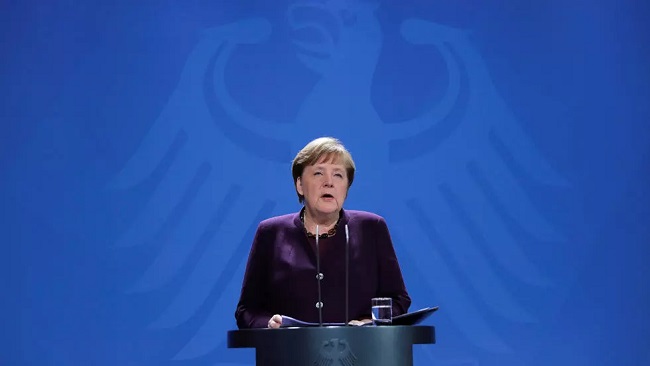
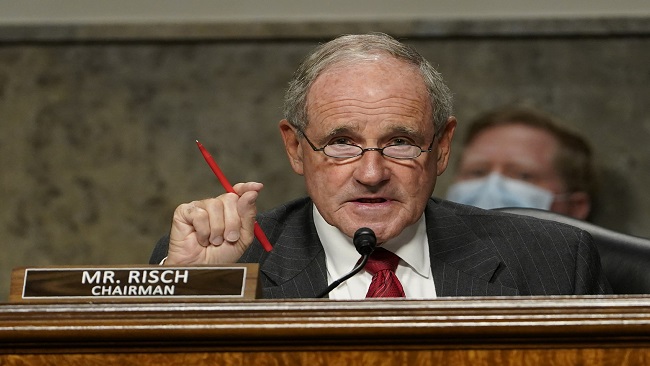
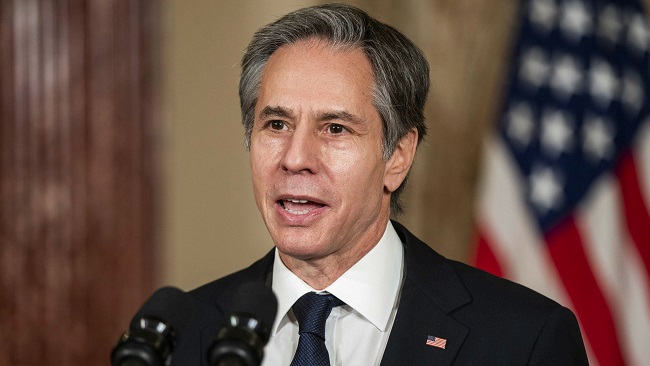

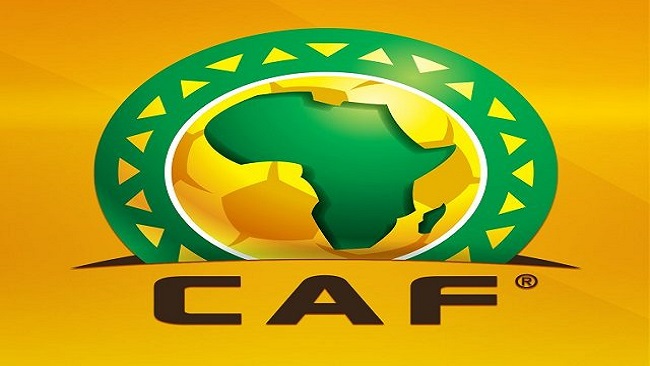

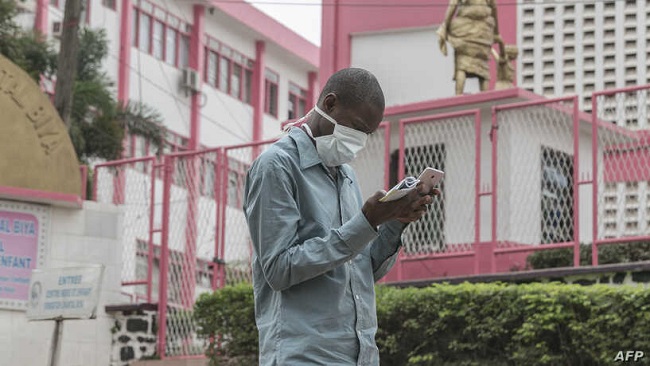


















9, June 2021
Southern Cameroons Crisis: Yaoundé government takes punches to the liver 0
The Yaoundé government received a double whammy on Monday, June 7, 2021 following the release of a Human Rights Watch report that clearly indicts the government for its inhuman brutality, while the United States announced visa restrictions against those responsible for the perpetuation of violence in Cameroon’s two English-speaking regions which has been the theater of a bloody and senseless violence between armed Anglophone groups and the army.
Since the Biden Administration came to power in January 2021, its Secretary of State, Antony John Blinken, has focused on the conflict in Cameroon, urging the Yaoundé government to seek peaceful means to bring about sustainable peace in the two English-speaking regions.
On Monday, Blinken stepped up pressure for a peaceful resolution to Cameroon’s conflict between state forces and English-speaking rebels by imposing visa restrictions on individuals believed to be undermining efforts to end the crisis.
Mr. Blinken said in a statement that “this decision reflects our commitment to advance a dialogue to peacefully resolve the Anglophone crisis and support respect for human rights.”
The sanctions are aimed at “those who undermine the peaceful resolution of the crisis,” the U.S. State Department said in a statement, without naming those targeted by the ban.
However, many people across know some of those in government who have been seeking to perpetuate the fighting as it gives them leverage and wealth. Paul Atanga Nji, the territorial administration minister; Joseph Beti Assoumo, the defense minister; Fame Ndongo, the higher education minister and Laurent Esso, the justice minister and their family members are those who are really targeted by the U.S. sanction, a source at the State Department has hinted the Cameroon Concord News Group.
The country’s two English-speaking regions have been gripped by fighting since 2017 as the rebels try to break away from the predominantly Francophone government. Some 7,000 people have died and more than 700,000 have been displaced as a result of the violence.
Announcing the visa sanctions, Secretary of State Antony Blinken said the United States was deeply concerned by the continued insecurity and called for both sides to negotiate for peace.
“We condemn those who undermine the peace by provoking or inciting violence, human rights violations and threats to peacekeepers and humanitarian workers,” the U.S. diplomat added.
“Washington is deeply concerned about the continuing violence and continues to call on the Cameroonian government and armed separatist groups to end the violence and engage in dialogue without preconditions to peacefully resolve the crisis,” the statement further said.
The English-speaking minority in Cameroon’s northwest and southwest regions blame the French-speaking majority for marginalizing them, instead of looking at how to address the issues, the Yaounde government resorted to terrible crack-down that has resulted in a bitter civil war that will not be ending anytime soon if external pressure is not mounted the government which holds that only military violence can deter Southern Cameroonians from walking away from hastily patched union between English speakers and French speakers.
It should be recalled that the Administration had also taken some measures aimed at bringing the government to the negotiating table, but the French-backed government has been very arrogant and indifferent to human rights abuses and the killing of civilians.
Former President Donald Trump had said Cameroon had failed to address concerns regarding government forces’ persistent human rights violations, including extrajudicial killings, arbitrary and unlawful detention and torture. The violations have persisted in recent years as English-speaking communities demand independence from Cameroon, alleging marginalization by the government of President Paul Biya.
President Trump said he would ax Cameroon from a trade program that allowed African countries to sell goods to the United States on a duty-free basis, citing “persistent human rights violations” in a letter to Congress.
The decision came as U.S. officials accused the Central African nation of extrajudicial killings and unlawful detentions amid conflicts that had displaced more than a half-million people over the past two years.
Despite intensive engagement between the United States and the Government of Cameroon, Cameroon had failed to address concerns regarding persistent human rights violations being committed by Cameroonian security forces.
The announcement came several months after the US scaled back security assistance as a result of Cameroon’s Francophone military committing multiple human rights abuses against Anglophone civilians.
While the U.S. was threatening a targeted visa ban, the human rights watchdog, Human Rights Watch (HRW) made things more complicated for the government by releasing a report on the situation in Cameroon wherein he put the blame squarely on the Yaounde government, indicting it of curtailing human rights and limiting free speech.
“Violence has been rife in Cameroon’s North-West and South-West regions since late 2016, as armed separatists seek independence for the country’s minority Anglophone regions. Separatists’ targeted civilians, including aid workers, students, and teachers, while continuing to enforce a boycott on children’s education. Security forces have also committed a litany of abuses including the killing of civilians, arson, sexual violence, and torture of suspected collaborators with separatist groups. Boko Haram attacks are a persistent threat in the Far North region. The Cameroonian government has also taken steps to limit freedom of expression and association, including through the arrests of hundreds of opposition party members and supporters in September 2020 following peaceful demonstrations,” says the HRW report
The report chronicled abuses by government security forces, highlighting a military operation in Bali, North-West region, in retaliation for separatist attacks on polling centers, destroying over 50 homes and killing several civilians, including two men with intellectual disabilities.
It also highlighted actions by government forces on February 14, where government forces and armed ethnic Fulani killed 21 civilians, including 13 children and 1 pregnant woman, in Ngarbuh in North-West region.
The report pointed out that residents told Human Rights Watch the attack was to punish civilians suspected of harboring separatist fighters. The government initially denied soldiers were involved in the attack, but in March, following international pressure, President Biya established a commission of inquiry into the killings which resulted in the government admitting to the fact that its security forces bear some responsibility for the killings.
Government violence knows no limits. On June 10, 2020 a grenade was fired into the courtyard of the district hospital in Bali, North-West region, following clashes between government soldiers and separatists, leading to the death of one cardiac patient. At least four others were injured as a result. Security forces also damaged a health facility in the North-West region on June 30, 2020 and arbitrarily arrested seven people.
However, the report also indicts separatist fighters who have also been committing serious atrocities. However, on the whole, the government that is supposed to engineer peace in the country is to blame for the escalation of the conflict and the enormous abuses that have taken place since 2016.
By Soter Tarh Agbaw-Ebai